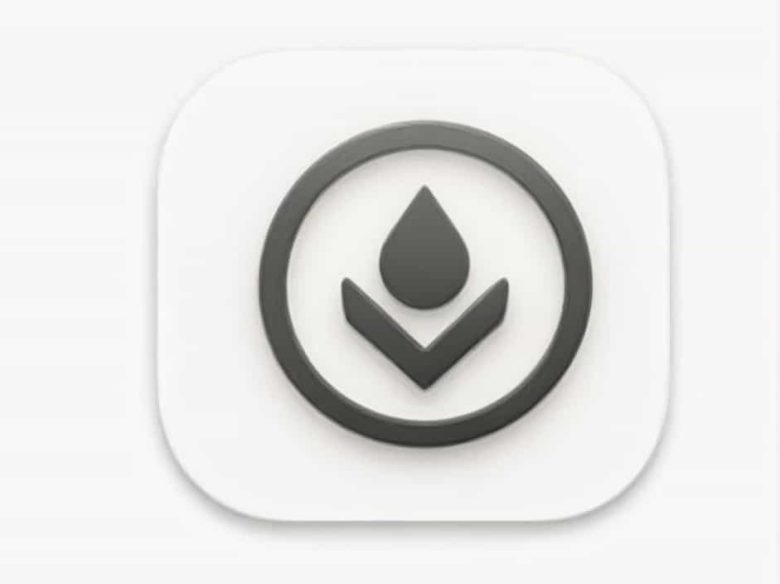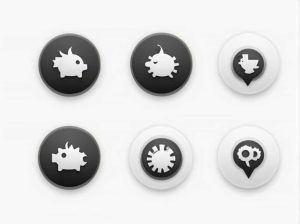The word “upbraid” is often used in formal or literary contexts to describe scolding reprimanding or criticizing someone harshly. It carries a strong meaning of disapproval and is commonly used when someone is being corrected for a mistake or wrongdoing.
Understanding the meaning and proper usage of upbraid can improve your vocabulary and communication skills especially in professional academic or literary settings.
This topic will explore the definition origin synonyms antonyms and examples of upbraid along with how and when to use it effectively.
Definition of Upbraid
The verb “upbraid” means to criticize or scold someone severely. It is often used when someone expresses strong disapproval due to a mistake fault or wrongdoing.
Example Sentences:
- “The teacher upbraided the student for not completing his assignment.”
- “She upbraided him for arriving late to an important meeting.”
Origin of the Word Upbraid
The word “upbraid” comes from Old English (upbregdan) meaning to bring forward a fault or to reproach someone. Over time it evolved into Middle English as “upbreyden” keeping the same meaning of blaming or criticizing. Today it remains a formal and strong word for scolding or reprimanding.
Common Uses of Upbraid
The word “upbraid” can be used in various contexts from personal relationships to work environments and literature.
1. In Personal Relationships
People often upbraid others when they feel disappointed or betrayed.
Examples:
- “Her mother upbraided her for forgetting her birthday.”
- “He was upbraided by his friends for breaking a promise.”
2. In Professional Settings
In workplaces managers or supervisors may upbraid employees for serious mistakes.
Examples:
- “The boss upbraided the team for missing the project deadline.”
- “The lawyer was upbraided for failing to present key evidence.”
3. In Literature and Historical Texts
Authors and historical figures have often used upbraid in literary works and formal speeches.
Examples:
- “The king upbraided his soldiers for their lack of discipline.”
- “In Shakespeare’s plays characters often upbraid each other with sharp words.”
Synonyms and Antonyms of Upbraid
If you want to use alternative words for upbraid here are some useful synonyms and antonyms.
Synonyms (Similar Words)
- Reprimand
- Scold
- Rebuke
- Criticize
- Chastise
Antonyms (Opposite Words)
- Praise
- Compliment
- Encourage
- Approve
- Commend
Example Sentences Using Synonyms and Antonyms
- “The coach rebuked the players for not following the strategy.” (Synonym)
- “Instead of upbraiding she chose to praise his effort.” (Antonym)
Difference Between Upbraid Reprimand and Scold
Although upbraid reprimand and scold have similar meanings they have slight differences in tone and usage.
| Word | Meaning | Example |
|---|---|---|
| Upbraid | To criticize sharply often with disappointment | “The general upbraided the soldier for disobeying orders.” |
| Reprimand | To give an official or formal scolding | “The teacher reprimanded the student for talking in class.” |
| Scold | To yell or express anger often in an emotional way | “The mother scolded her child for playing in the rain.” |
Example Sentences Comparing the Words
- “She upbraided him in a calm but serious tone for lying.”
- “The manager reprimanded the employee in a formal email.”
- “The angry parent scolded the child loudly in the store.”
When Should You Use Upbraid?
Since upbraid is a strong word it should be used carefully. Here are some situations where it is appropriate:
1. When Expressing Serious Disapproval
Use upbraid when someone has made a significant mistake that requires strong criticism.
- Example: “The minister was upbraided for mishandling public funds.”
2. In Formal or Literary Writing
Upbraid is often found in classic literature or formal speeches.
- Example: “The queen upbraided her advisors for misleading her.”
3. When Referring to Disappointment
Use upbraid when someone expected better from another person.
- Example: “She upbraided her best friend for betraying her trust.”
When Not to Use Upbraid
Since upbraid is a harsh word it is not suitable for casual or friendly conversations. Instead consider using softer words like correct advise or remind.
Examples of More Gentle Alternatives:
- Instead of: “The teacher upbraided the student for forgetting his homework.”
- Use: “The teacher reminded the student to be more responsible.”
Famous Quotes Using Upbraid
Many historical figures and writers have used upbraid in speeches literature and poetry.
- “A wise man does not upbraid others for their faults but corrects his own.” – Confucius
- “The heart that loves deeply does not upbraid but understands.” – Unknown
- “A ruler must upbraid those who deceive him or risk losing his kingdom.” – Ancient Proverb
The word “upbraid” means to criticize or scold someone harshly often due to a mistake or wrongdoing. It is commonly used in formal professional and literary contexts to express strong disapproval.
Although upbraid is useful for describing serious reprimands it is not commonly used in casual conversations. Understanding its meaning and proper usage will help you communicate more effectively and expand your vocabulary.



